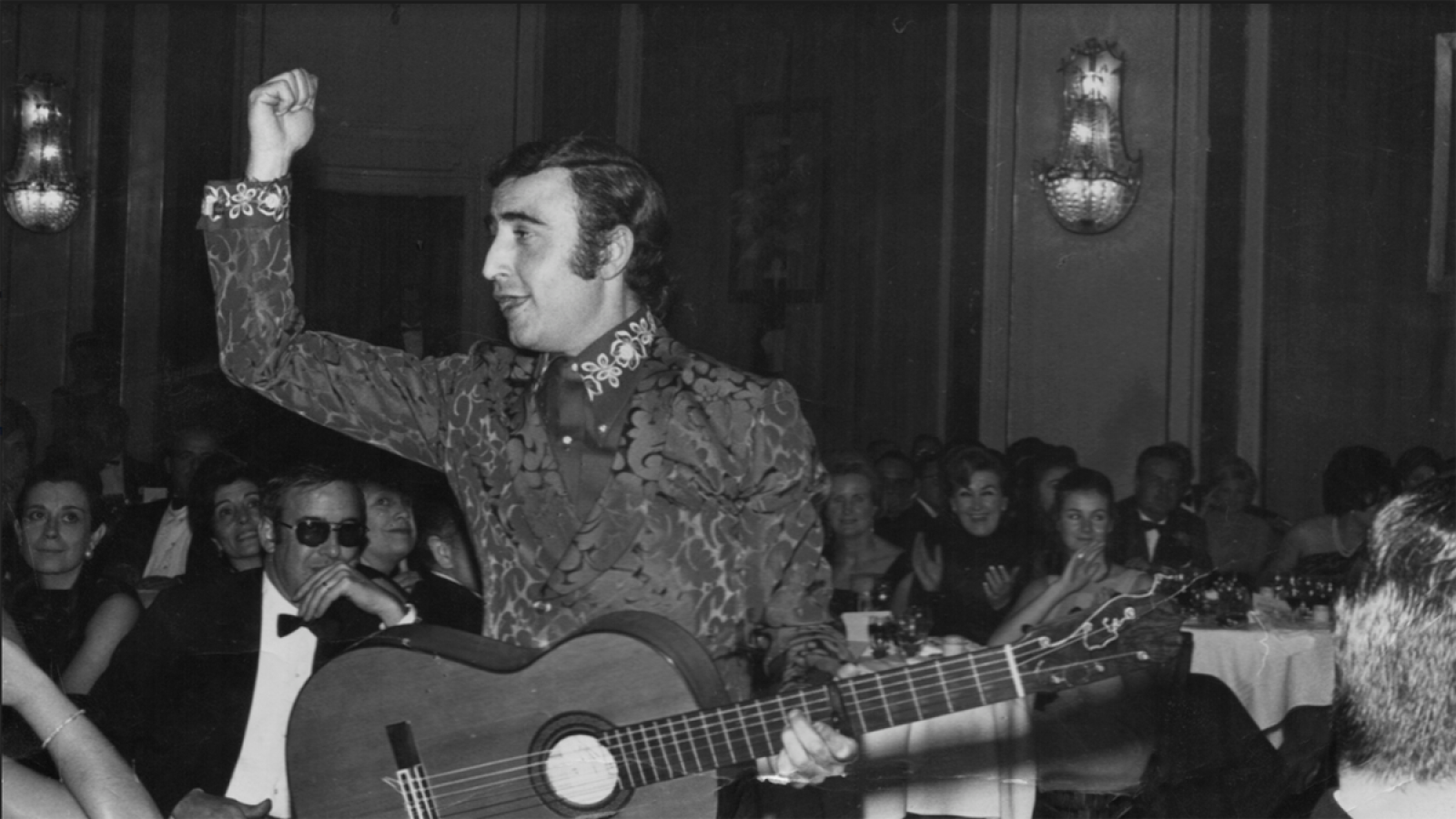There was a lot of talk about Peret, of course, and even passages from his songs were recited. And there was also talk of El Pescaílla, Rumba 3 or Gato Pérez, that Argentine who came to Barcelona as a teenager and devoted himself to the particular musical mix that had been generated there between flamenco roots and Caribbean rhythms. In a rare climate of almost unanimity, the Culture Commission of the Congress of Deputies agreed this Wednesday, at the initiative of ERC and as the Parliament of Catalonia had already agreed at the time, to support the candidacy of Catalan rumba for Intangible Heritage of the UNESCO.
It was the Republican deputy Francesc-Marc Álvaro who was in charge of defending the proposal to promote recognition of a genre that “is part of the sentimental education” of several generations. “We are talking about one of the most important musical genres born in Europe in the 20th century,” stressed Álvaro, who detailed its origin in the Barcelona gypsy community and the particular seal of the Catalan rumba as a product of an encounter between cultures: “It is a fusion of styles that come from flamenco, Antillean sounds, commercial mambo, rock and the street poetry of gypsy communities. It is a neighborhood music that becomes universal, born of pain and joy, of revelry and celebrations.” And it is sung, he added, in four languages: Spanish, Catalan, Caló and French.
The debate ignored the controversy that arose last year over whether the name should be Catalan or Spanish rumba. Not even Vox discussed the attribution of the musical genre to Catalonia, although it presented an amendment to make it clear that it is part of Spain. “We are pleased that the separatist groups are in favor of this form that is so representative of Spanish music,” said deputy Joaquín Robles. But, as ERC rejected his amendment, the far right was the only group that abstained. Álvaro had evoked some verses by Peret in his speech. With more hurtful intentions, Robles replied with one of the best-known choruses of the late singer: “Little donkey like you, who doesn’t even know the u…”.
Outside of that minimal scuffle, the issue sparked an unusual harmony between the political formations, although each one tried to take it to their own ground. The socialist Josep Paré, as well as Nahuel González, from Sumar, stressed that rumba is proof of the benefits of “cultural mixing.” Nacho Martín, of the PP, missed that the initiative had more impact on the “cultural pluralism” of Catalan society. On the contrary, Eduard Pujol, from Junts, criticized that ERC did not place more emphasis on “identity” issues. They were nuances, in any case, as well as two technical amendments presented by the socialists and the popular ones, which, yes, were accepted by Esquerra, which contributed to the almost unanimity with which the initiative went ahead.

